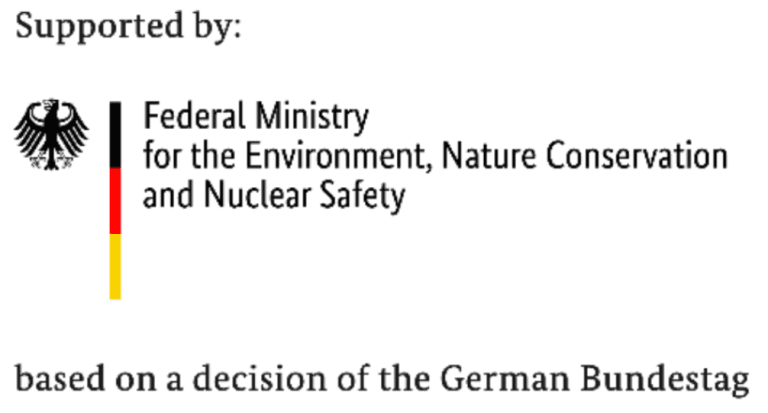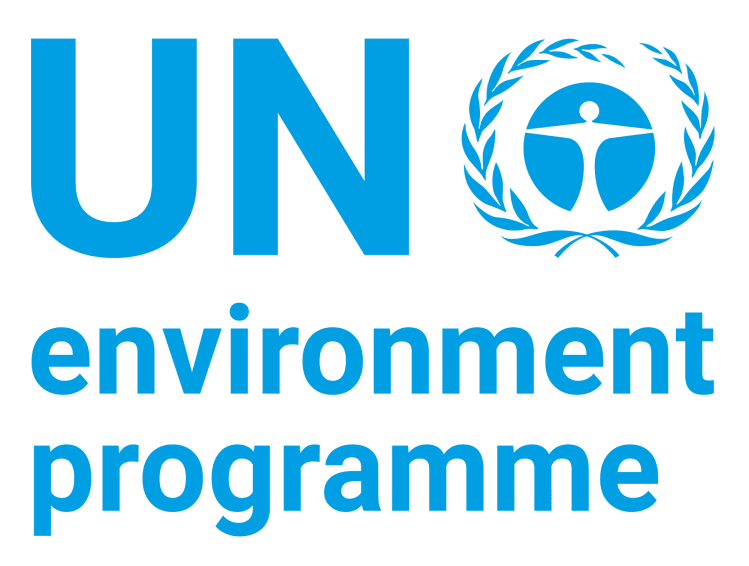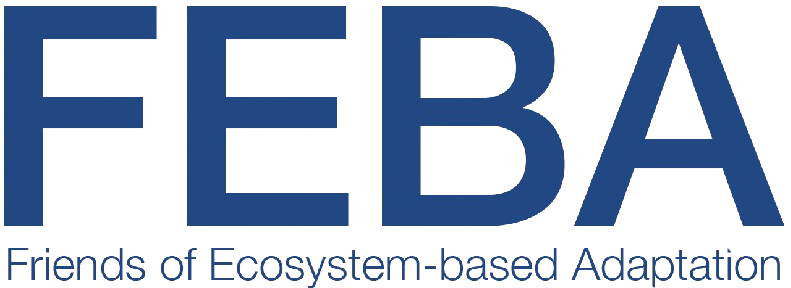About
Friends of EbA (FEBA) is a global collaborative network of organizations with a shared interest in advancing awareness, understanding and uptake of nature-based solutions in adaptation and resilience efforts and planning processes around the world.
FEBA prioritizes collaboration and knowledge sharing across organizations and sectors, convening the global adaptation community around expert working groups, joint publications, technical workshops, and high-level events, with the belief that by working together we can accelerate global efforts on nature and adaptation.
A brief history of FEBA
Since 2015, the FEBA network has been a hub for organizations and agencies working at the intersection of nature and climate adaptation to share experiences and knowledge, to improve the implementation of ecosystem-based adaptation (EbA) activities on the ground, and to have a stronger and more strategic learning and policy influence. The CBD COP recognizes FEBA as a key partner “to support Parties in their efforts to promote ecosystem-based approaches to climate change adaptation” (Decision 14/5). IUCN serves as the FEBA Secretariat.
The work of FEBA, particularly in early years, focused on defining and operationalizing the concept of EbA and building the evidence base for ecosystem-based approaches to climate adaptation, with core activities including: defining the first EbA Standards and Qualification Criteria; creating an inventory of EbA tools; working towards the recognition of EbA in multilateral policy frameworks including the UNFCCC, CBD, and UNDRR; and supporting the development and review of key EbA publications such as the CBD Voluntary Guidelines on EbA and Eco-DRR; and the launch of a Guidebook on Monitoring and Evaluation of EbA.
FEBA has also worked to elevate our collective efforts on EbA to underpin the development of the broader concept and uptake of Nature-based Solutions, and elevate NbS on the international agenda. 2020 saw the launch of the IUCN Global Standard for NbS, which was informed by FEBA’s preceding EbA Standards and Qualification Criteria. Under this theme, FEBA advocated for recognition of NbS in the CBD Global Biodiversity Framework; worked with UNEP and UNDP on guidance for UNFCCC Parties to incoporate EbA into NAPs; worked in close partnership with the UNFCCC NWP to support UNFCCC parties on NbS for climate adaptation; and produced specific guidance on the recognition of NbS into UNFCCC negotiations around both the Global Goal on Adaptation and Loss & Damage. 2022 saw the adoption of a formal UNEA definition on NbS – and the following recognition of NbS at both the 2022 UNFCCC COP27 and within the Kunming-Montreal Global Biodiversity Framework adopted at CBD COP15.
Finally, FEBA works to support cross-sectoral partnerships around nature and climate, and break siloes around “who” can use and implement EbA. FEBA encourages members and partners to not think of EbA as a standalone intervention, but rather as an underlying tool within the context of adaptation and development efforts. Current efforts on this theme of include: collaborating with the Green-Gray Infrastructure Community of Practice to support the integration of EbA into infrastructure planning and development; working jointly with the UNFCCC NWP and TEC on integration of NbS and adaptation technologies; working hand in hand with the PEDRR and EHAN networks on the implementation of NbS in humanitarian & post-disaster contexts, with the upcoming 2023 launch of a Sphere handbook on NbS; and collaboration with the World Health Organization on integration of nature and climate into the health sector. FEBA also works to support the development of the strategy and efforts of the Global EbA Fund in financing innovation in EbA.
Read more about FEBA Working Groups, Knowledge Products and Events.
FEBA's Roles
EbA Integration into Policy
EbA Information Sharing
Fora Cooperation
FEBA’s specific objectives
Collaboration at Global Policy Fora
Integrating EbA into Adaptation and Resilience Policy
Scaling Up EbA
Knowledge Products
FEBA Secretariat




FEBA and the Global EbA Fund
The Global EbA Fund prioritizes the closing of resource and knowledge gaps with a broad thematic focus on innovation and urgency, encouraging creative solutions and partnerships among funding applicants and the wider EbA community.





